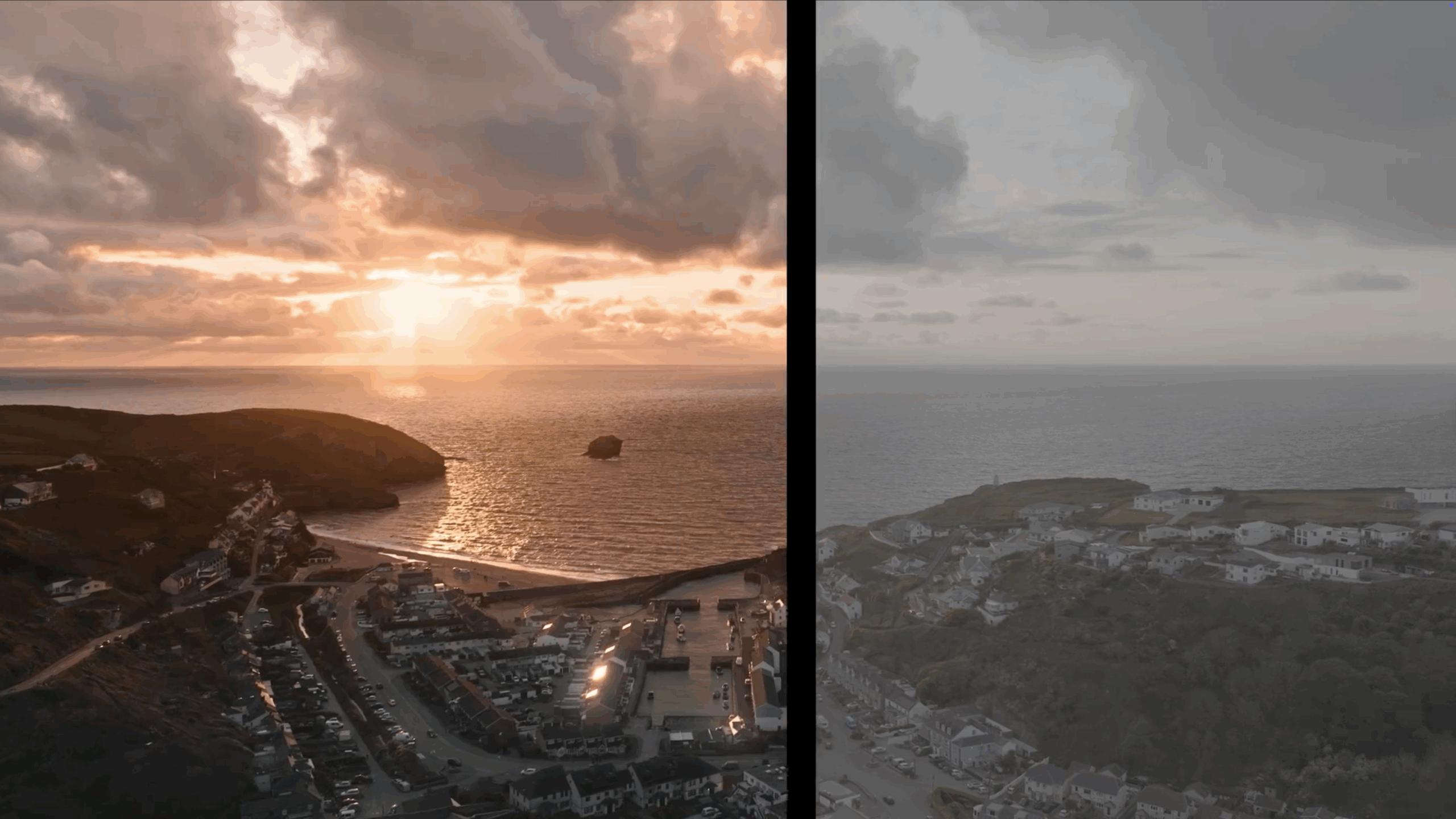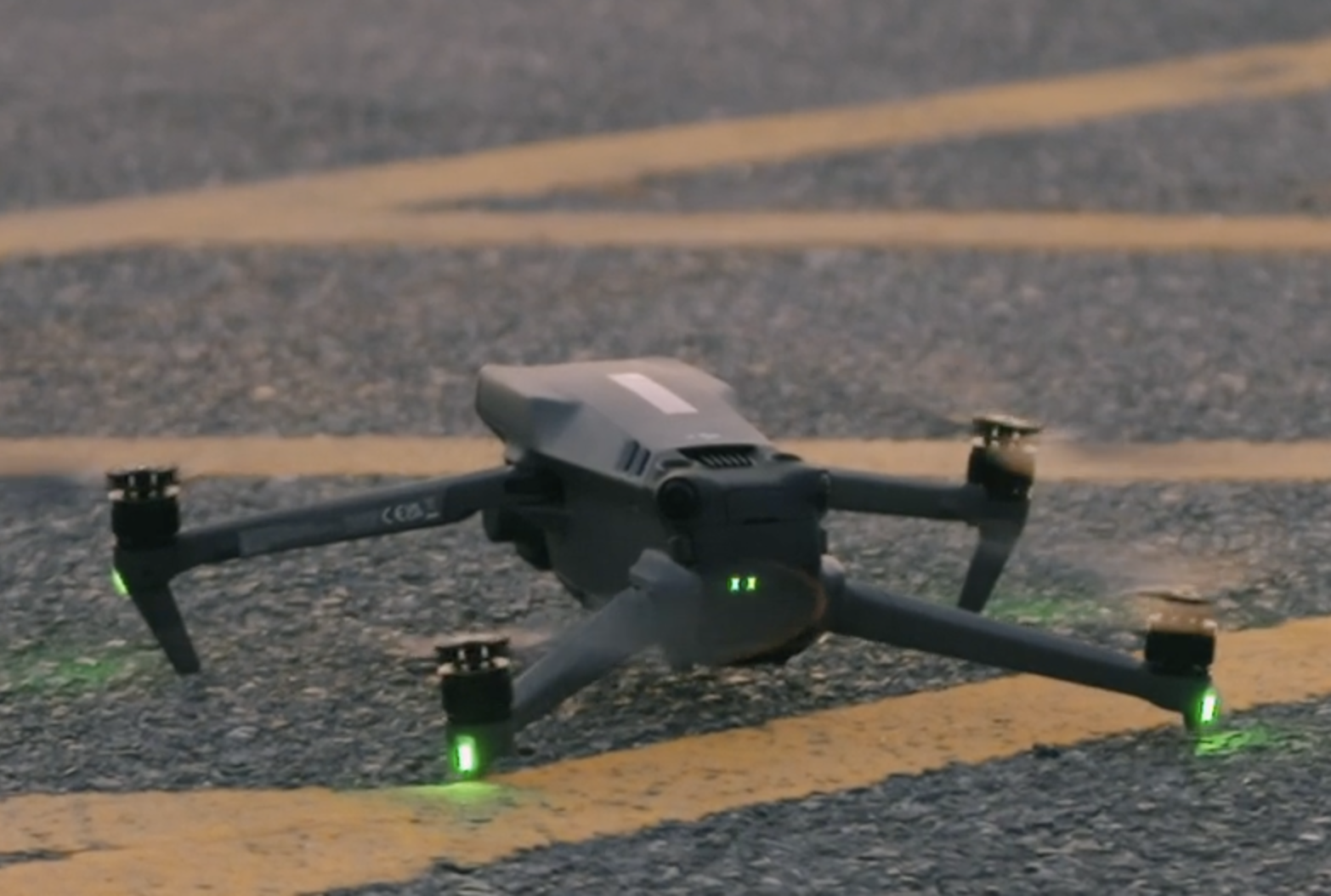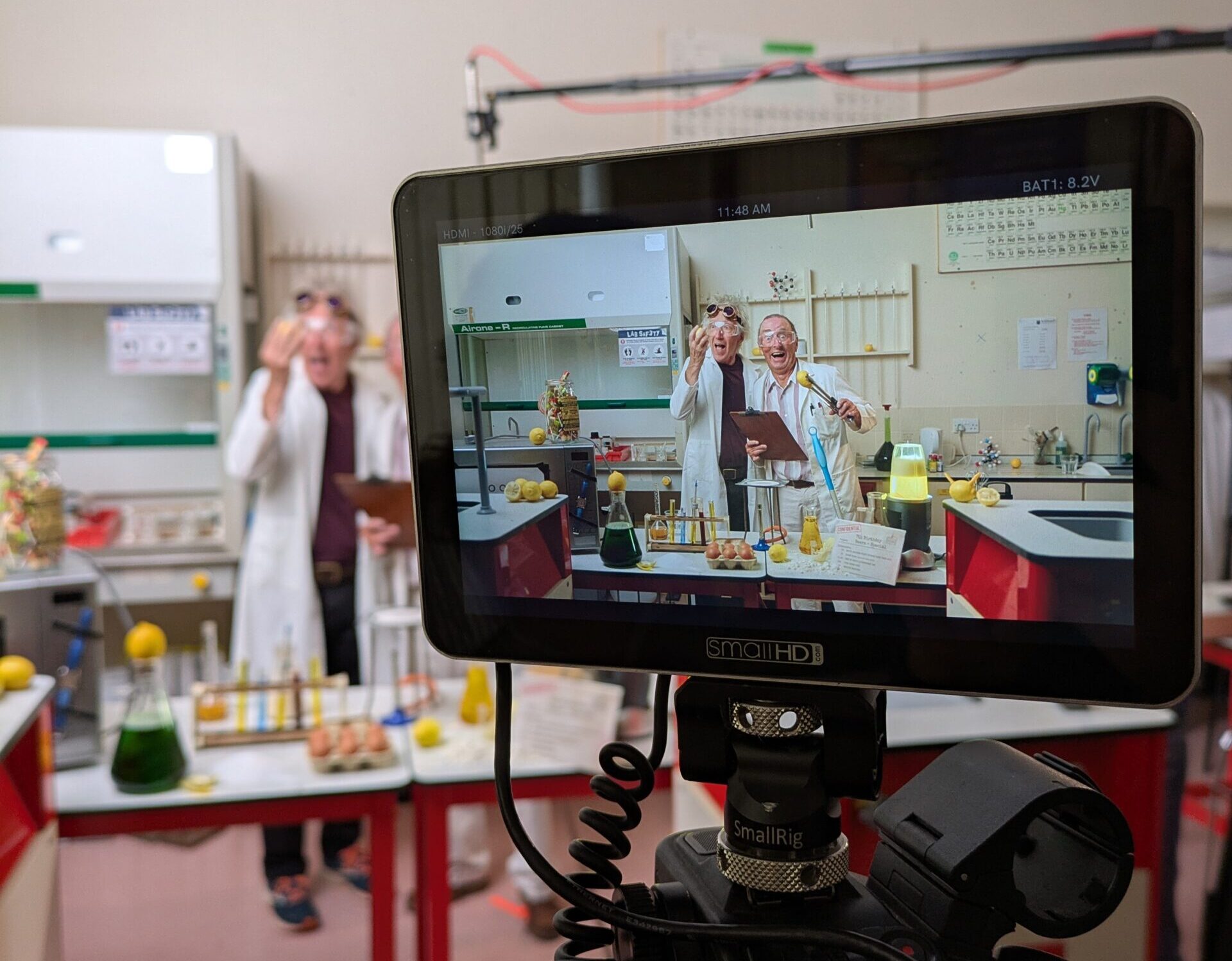How To Work With A Video Production Company – what do I need to think about?
Working with a Video Production Company is an exciting time. There’s a lot of creativity flying around as the team plans the best video ever, but also a lot of pressure. It’s a great way to Bring Your Brand Story to Life, as we showed in a recent blog! You need to ensure you’re maximising your budget and getting a good return on your investment. This week we’re guiding you through how to work effectively with a video production company. Every video project is unique, but understanding some standard business practices will help everyone feel comfortable. Let’s begin!
Day 1
Video production companies typically take a deposit up front when booking a job. This enables them to arrange and book all of the particulars of the shoot (filming venues, locations, transport, extra crew, etc.). To do that, they will need your registered company name, address and number, your VAT number (if applicable) and all contact details. In the beginning stages, it’s useful to share the ideas of what you are trying to achieve with the video, who your target audience is and what would be the best outcome from this video content.
Pre-Production
During this stage, all of the particulars of the shoot (filming venues, accommodation, transport, etc.) will be arranged and booked by the production company. The team will create any scripts and storyboards at this stage too. This means there can sometimes be a few meetings during which time the deliverables and expectations of the shoot are clarified.
Depending on the nature of your film shoot, you might have a clear storyboard as well as a script to work from on the day. This will help everyone have a really clear idea of what is expected of them on the day. Ultimately, this ensures everything is captured!
We’ve created a helpful checklist covering all of the factors that need to be considered before those cameras get rolling. It’s free to download on our blog page.
What can I do to prepare for filming?
Your video production team will arrive with lots of equipment including cameras and usually large lighting setups. Depending on the scale of the shoot, they may also be arriving with a large crew too. This could include make up artists, hairdressers, stylists, runners, producers, sound technicians, lighting technicians as well as usual camera operators. Including representatives from your company, this might mean that you have quite a crowd on the shoot!
As such, there are a few things you can do to help things run smoothly on the filming day.
If your film crew is working at a location you arranged, you must ensure all accessibility passes are in place. Ensure all parking permission is granted too. Finally, you must also consider (and resolve) potential obstacles for crew getting in and out of the building with kit. However, if your production team has arranged the location then they will take care of all of this.
Filming
When filming, your production company might request certain environmental conditions. For example, the crew will be creating their own cinematic lighting from scratch. The best way for them to do that is for the lighting in the room to be turned completely off. They can then create the most flattering lighting with their own lighting equipment. This might mean speaking with the building manager to find out the best way to turn off the lights. If this is not possible, then don’t worry as the film crew can put up blackout sheets to block the light. This is an important process to achieve the most cinematic look.
For the best sound quality, you need to keep extraneous noise to a minimum. Things like air conditioning systems need to be turned off in that room if possible. If there’s any maintenance work nearby it needs to be paused for the day, if possible. When filming in busy towns and cities, it’s best windows are kept closed so that urban noises are kept to a minimum. There’s nothing worse than being in the middle of a great scene with a ‘one take wonder’ on camera to have a siren start wailing!
If the sound quality is really important to the shoot, then it might be best to involve a sound technician. They will use a mixture of mics and boom to control it all.
Editing
During editing, you can help your video production company by providing a clear brief of important shots to include. During the filming, the crew will typically film everything on the storyboard plus a few extra bonus shots. Editing is where the video comes to life and includes shot selection, music, sound, colour grading, special effects and animation.
You can also arrange to come into the production office and work directly with the editor. This is a great way to enhance your experience as a client. Otherwise, just sit back, relax and let us handle the rest!

Animation and Visual Effects
Animation can help viewers if they need to take in a lot of information. There are a lot of different types of graphics and effects that can be added. Text and motion graphics, retouching flaws and adding magical visual effects, like sparkles, animation is the final finishing touch.
If you decide your video requires animation, then the first step is that the production company will supply style frames. Giving clear instructions to your animator or animation team will rapidly speed up the process.
Amends
As the project reaches its conclusion, you can help get the deliverables over the finish line by giving clear feedback. Industry standards allow for two rounds of amends. As such, be sure to have considered all angles and spoken to all of the relevant parties before feeding back.
Finally, our top tips for getting the best from your video production company is to be flexible, know your outcomes and have good communication.
Get in touch to arrange Nomadic UK capturing your next event on film.
Email us at hello@nomadic.uk or call us on 01242 373942 to speak to us now.
And don’t forget to check out our latest LinkedIn post to see where we are and what we are working on this week!
Next slide over to our blog Ultimate Video Production Planning Checklist to download our checklist to keep your shoots organised.


